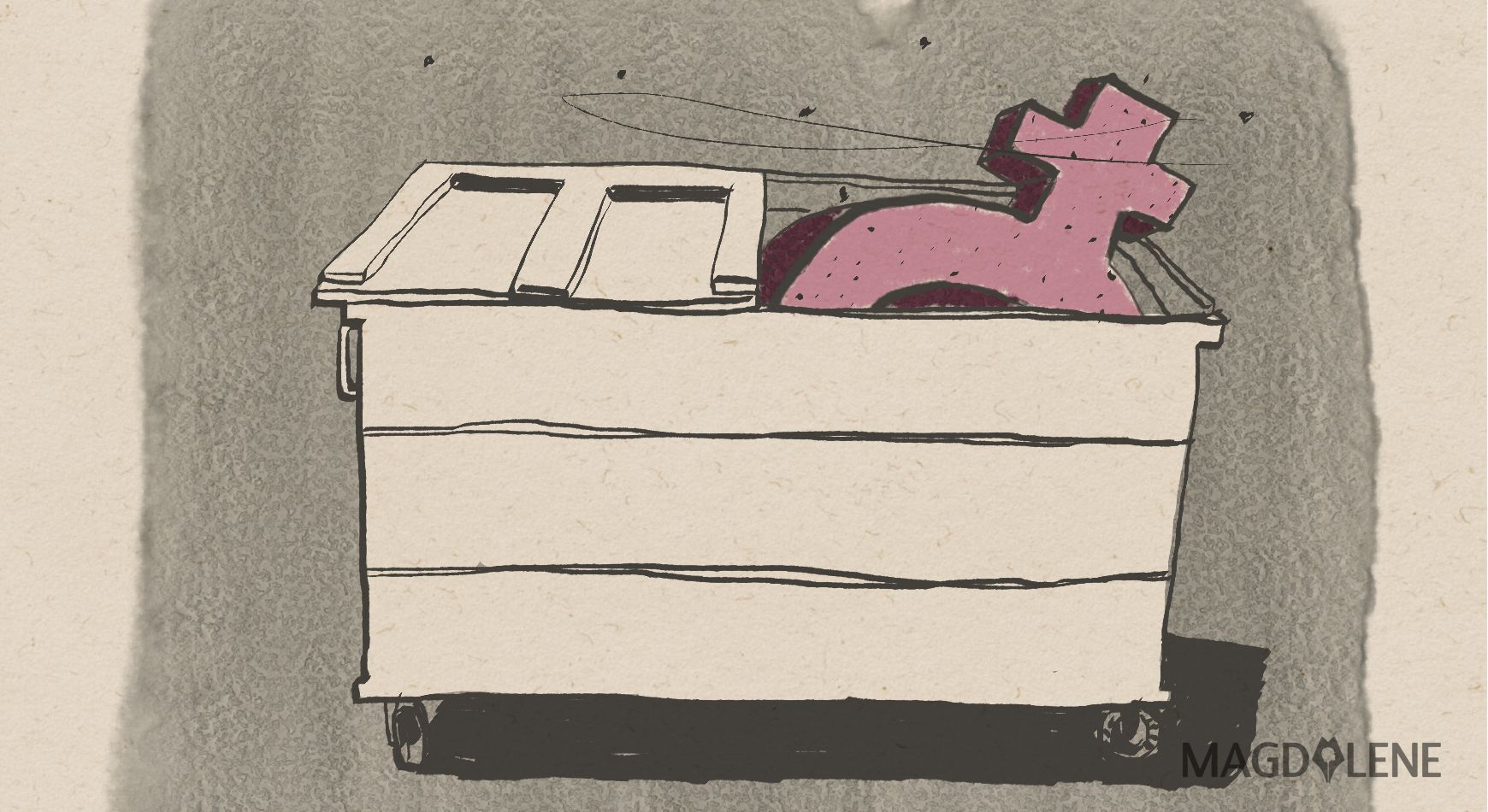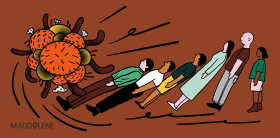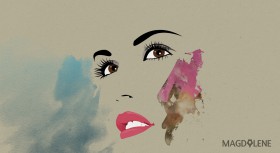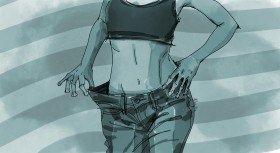Three years ago, I thought a topic that made my blood boil was a fringe issue, unrelated to world’s politics. Back then video games reviewers, independent game producers and video bloggers were getting harassed and threatened for doing their jobs, for providing insights and comments on video games as media product and as art. They received rape and murder threats over e-mails, online comments, and phone calls. The targets were always women, and too often they had to leave their homes and locked their social media accounts.
The bullies eventually came to be grouped under the Gamergate movement, and they claimed that they were defending ethics in video game journalism. But they never touched ethical matters in video game industry, publishing, and marketing; instead what they did were harassing women and complaining about review articles.
This is because most of them are middle class youth from Western countries who avidly consume video games, comics and anime, and science-fiction and superhero movies. They are concerned about their favorite franchises and fandom, but not about the welfare of programmers, booth models or voice actors. If anything, most of them want their video games to stay violent, sexist, and racist.
When outsiders came in to support them – minor celebrities like Adam Baldwin and alt-right journalist Milo Yiannopolous – the brotherhood of Gamergate crowds defined their common enemies: feminists and other “liberals.”
I heard less about Gamergate in 2015 for two reasons. First, I moved from following video game journalists and anime fans to following more mainstream feminists who discuss TV series, books, and politics instead of video games. Second, the movement naturally petered out as more video games featured female or minority protagonists and dealt with issues like mental health and sexuality. The same trend was shaping in television series, movies, and theatres.
But then Donald Trump, the joke candidate, became the front runner of the Republican Party. He quickly won the supports of people on my radar: Christians who believed his sexism is better than Clinton’s support for women’s rights, Gamergaters who believed they were finally heard, and Men’s Rights Activists (MRAs) who saw him as the hero king.
In the same year, America was rocked by a slew of public shooting committed by angry young men in the name of religious struggle or personal war. I saw similarities between supporters of ISIS and the white MRAs – they see themselves as masculine heroes straight out of a video game, fighting to defend their version of civilization. In Europe both groups wanted an all-out war between Muslims and white Europeans. Of course, attacks by Muslim men would grab global headlines for weeks, while attacks by white men were immediately identified as a“lone wolf” attack (complete with statements from neighbors and childhood friends who described the shooter as a “quiet, shy boy”).
Overall, 2015 was a bad year for the world, with authoritarianism making a comeback in Thailand and Turkey. But there were hopes then of Hillary Clinton’s presidency, of a more humane and more progressive Indonesia and of more acceptance for racial and sexual diversities in the developed world.
In a couple more weeks we will decide whether 2016 is, infact, one of the worst years in recent times. This may sound unfair to people who achieved great things or experienced wonderful moments this year, but the more we know how and why Trump won the presidency (even as Clinton got more votes), the more we learned of the slow-moving disaster that has been developing over the years, and that culminated in Trump’s election. This was not a natural catastrophe like the tsunamis of 2004, or swift act of terrors like 9/11 or the first Bali bombings.
The victory of Trump is not only a backlash against globalization or against the digital economy, but also against feminism.
Millions of white women who voted him would still have chosen him had Elizabeth Warren, Jill Stein, or even Bernie Sanders was the alternative to Hillary Clinton. Not only they wanted to be like Ivanka Trump, they believed that with Trump on the throne, the confidence of men in their lives (husband, son, brother) would return.
The thing is those men lost confidence not due to economic hardship. They lost confidence because they saw a black (biracial, to be exact) man running the country successfully and they sa more confident women including minorities playing key roles on TV, although most women, particularly of minority ethnicity, still earn less than white and Asian men.
The votes for Trump reveals the wish that white men could jump the queue, bypassing more qualified women or minorities getting the job. The votes for Trump reveals the wish that like in 1980s, once again masculine white men would win the day on TV and movies (a minority sidekick is welcomed as comic relief), and women will become trophies again.
There is a pedantic complain that feminists have confused “sexism” with “misogyny.” Personally, I know how they are two sides of the same coin. I was a “nice guy’” who was easily upset with women who refused my advances, including longtime friends. Many sexist moguls employ and appoint women who conform to their standards, while selling messages that demean women in general. See Fox News for example.
The gamers I discussed in the beginning had a similar dream with me – virtual adventures and sex with attractive women. But as the media norm changed, they grow vicious to women who share their interests but who demand their world to be more inclusive and welcoming to women. Anti-feminists from other walks of life (note: anti-feminists are not always conservative) have come together, and now we are in this mess. Now everyone is worried Europe will also choose racist leaders too next year, encouraged by United States.
And all because some men feel so threatened by feminism.









Comments